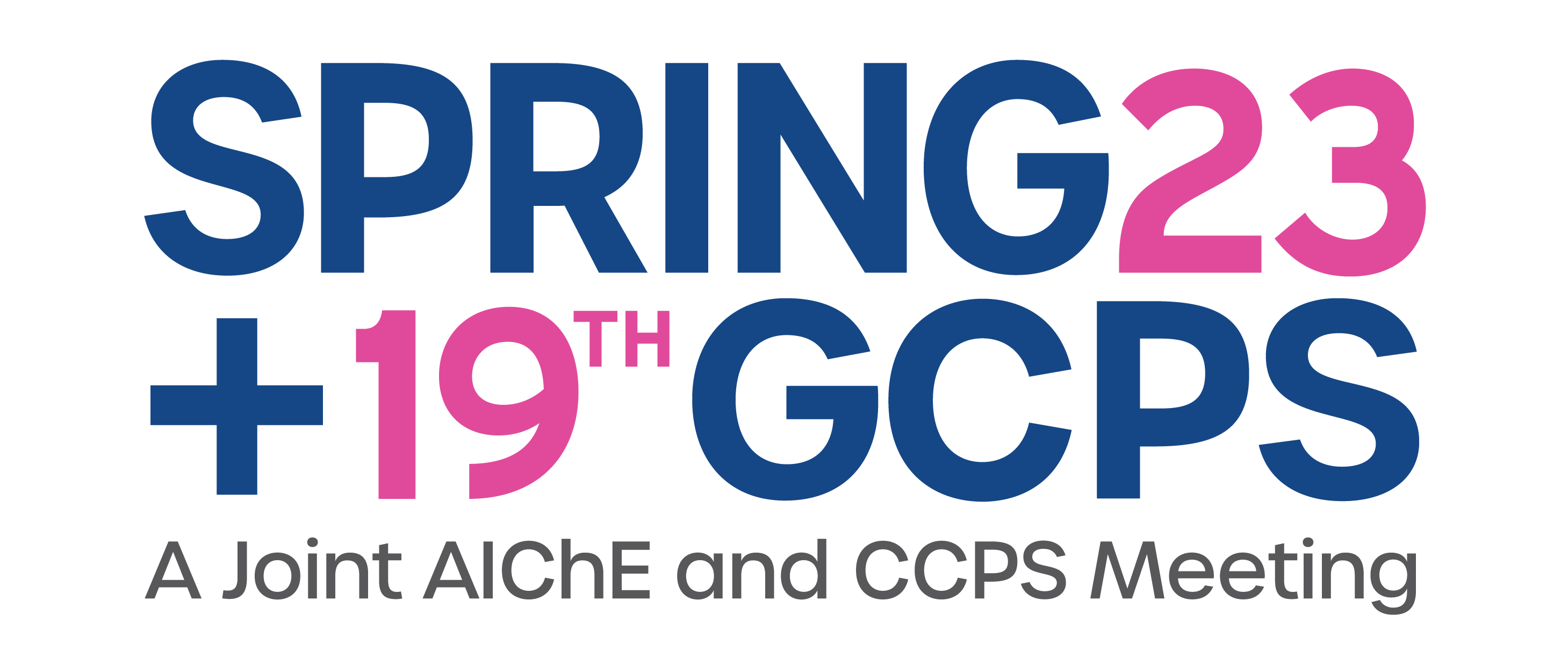

In this work, we develop a new metric to account for the CO2 and carbon footprint of chemical processes in addition to the CO2-fixation probability for CO2 utilization technologies. This new tool is named CO2Fix, defined as the ratio of CO2 being fixed chemically from a process while accounting for the CO2 produced directly or indirectly from the same process through its chemistry, energy requirements and/or other emissions. Leveraging basic thermodynamic concepts and ASPEN® aided regression analysis, a model was developed for estimating CO2Fix that is a function of easily obtainable reaction parameters such as temperature, pressure, the heat of reaction, CO2 conversion, and CO2 intensity of utilized energy sources. The developed model was then used to analyze the CO2Fix and understand its relationship with multiple model parameters over a wide range of reaction conditions using different energy sources (conventional and renewable). The analysis provided insights such as the nonlinear relationship between CO2Fix and the conversion for non-autothermal reactions since the relationship is normally linear for autothermal reactions. The model was then used in several case studies to analyze the CO2Fix of a few known CO2 utilization processes, such as CO2 hydrogenation to methanol (which is one of the few commercial CO2 chemical utilization routes), the Dry Reforming of Methane (DRM) reaction, and the direct synthesis of Dimethyl Carbonate (DMC) using CO2. In the case of CO2 hydrogenation to methanol, the CO2Fix was calculated to be 1.6 at a CO2 conversion of 50% when utilizing gas as an energy source. Analysis of the DRM reaction showed that the reaction has no potential to abate CO2 (CO2Fix of 1 or below) without utilizing low CO2 intensity renewable energy sources such as solar power or wind. Even when using biomass-powered electricity, the CO2Fix for the DRM reaction was approximately 1.1 at 100% conversion. The direct synthesis of DMC was found to have the potential for CO2 abatement over a large range of reaction conditions at CO2 conversions beyond 30%, giving a CO2Fix >1 even when the process is powered by natural gas. With the current emphasis on CCUS as a means of decarbonizing the natural gas industry, we propose this model as an efficient and straightforward approach to quickly screen out unviable CCUS routes. Furthermore, the CO2Fix model can be applied to compare different CCUS routes in terms of their ability to decarbonize processes through the chemical fixation of CO2. Additionally, a software tool was developed utilizing the CO2Fix model for rapid analysis of CO2 reactions with limited information.
Presenter(s)
Language
Pricing
Individuals
| AIChE Member Credits | 0.5 |
| AIChE Pro Members | $19.00 |
| Fuels and Petrochemicals Division Members | Free |
| AIChE Graduate Student Members | Free |
| AIChE Undergraduate Student Members | Free |
| AIChE Explorer Members | $29.00 |
| Non-Members | $29.00 |
